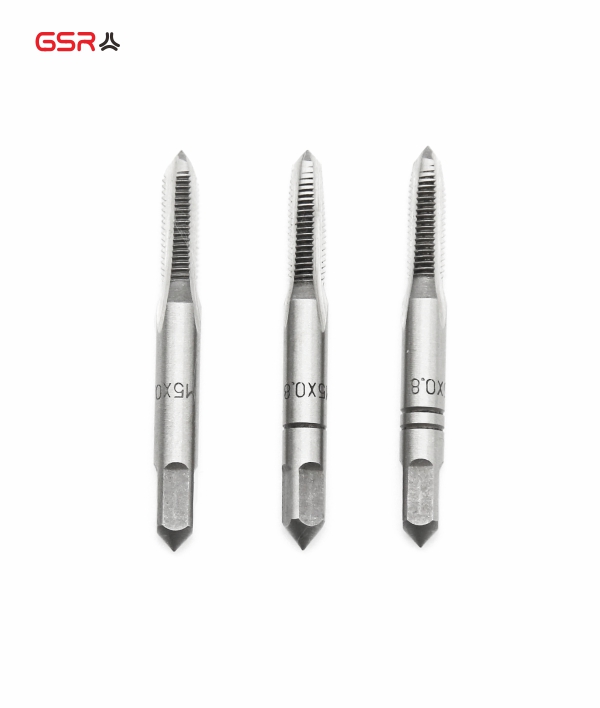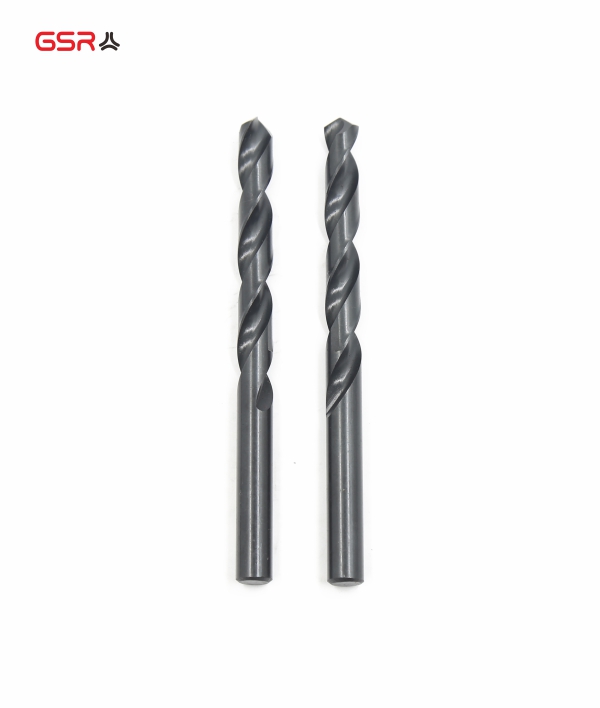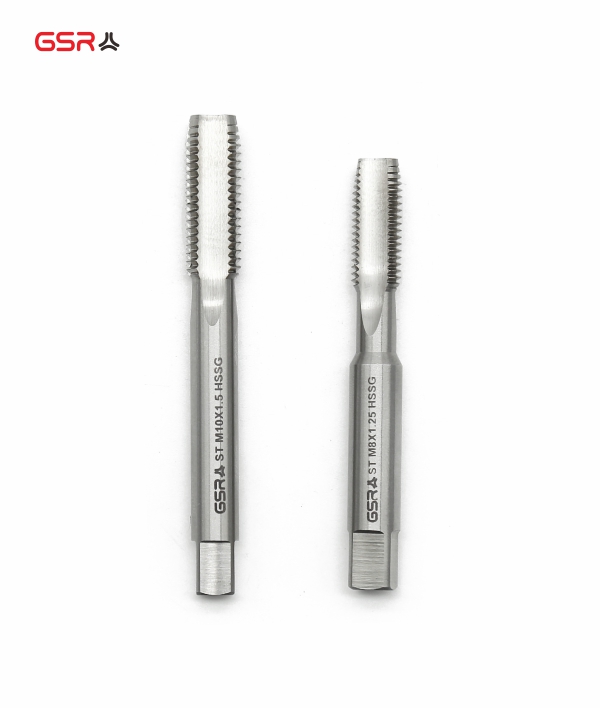7 Key Strategies to Prevent Tap Breakage
Tap breakage is a machinist's nightmare—especially as the final step in machining. A broken tap risks scrapping high-value parts and halting production. By addressing these 7 common causes, you'll reduce downtime, cut costs, and maintain quality.
1. Size Pilot Holes Precisely
Rule #1: Match taps to the correct pilot hole size. Manufacturer charts offer ranges, but prioritize:
● 75% thread depth for optimal strength-to-torque balance.
● Avoid 100% threads: They add just 5% strength but triple torque demands.
● Pro Tip: Never reuse taps (hidden stress fractures compromise precision). Focus on total cost, not unit price.
2. Use Forming Taps
Forming taps compress material (no chips), reducing breakage from clogging. Their thicker cross-sections enhance durability.
Limitations, but remember:
● Material hardness ≤ 36 HRC.
● Avoid in chip-sensitive industries (e.g., aerospace/medical), as voids may trap contaminants.
3. Adopt Thread Milling for Hard Materials
● For materials > 50 HRC or high-value parts, process with thread milling.
● Allows threading closer to blind-hole bottoms.
● Simplifies broken tool extraction vs. taps.
4. Prioritize Specialty Lubricants
Water-soluble coolants often lack tapping-specific lubrication. Solutions:
● Use oil-based tapping fluids or coated taps.
● Program G-code to auto-dip taps in lubricant.
5. Select Rigid Tap Holders
● Lock square shanks using ER collets or tap chucks to prevent rotation.
● Floating holders compensate for misalignment, reducing stress—even in rigid tapping.
6. Use Spiral Flute Taps for Blind Holes
Chips trapped in blind holes are a top breakage cause. Spiral flute taps eject chips upward (trade-off: lower impact resistance vs. straight-flute).
7. Calculate Blind-Hole Clearance Depth
Always verify clearance depth. Hitting the bottom snaps taps instantly—this depth is often deeper than assumed.
Conclusion
Implementing these 7 strategies minimizes tap breakage, scrap rates, and costly downtime. Have a tip to add? Share it below!













